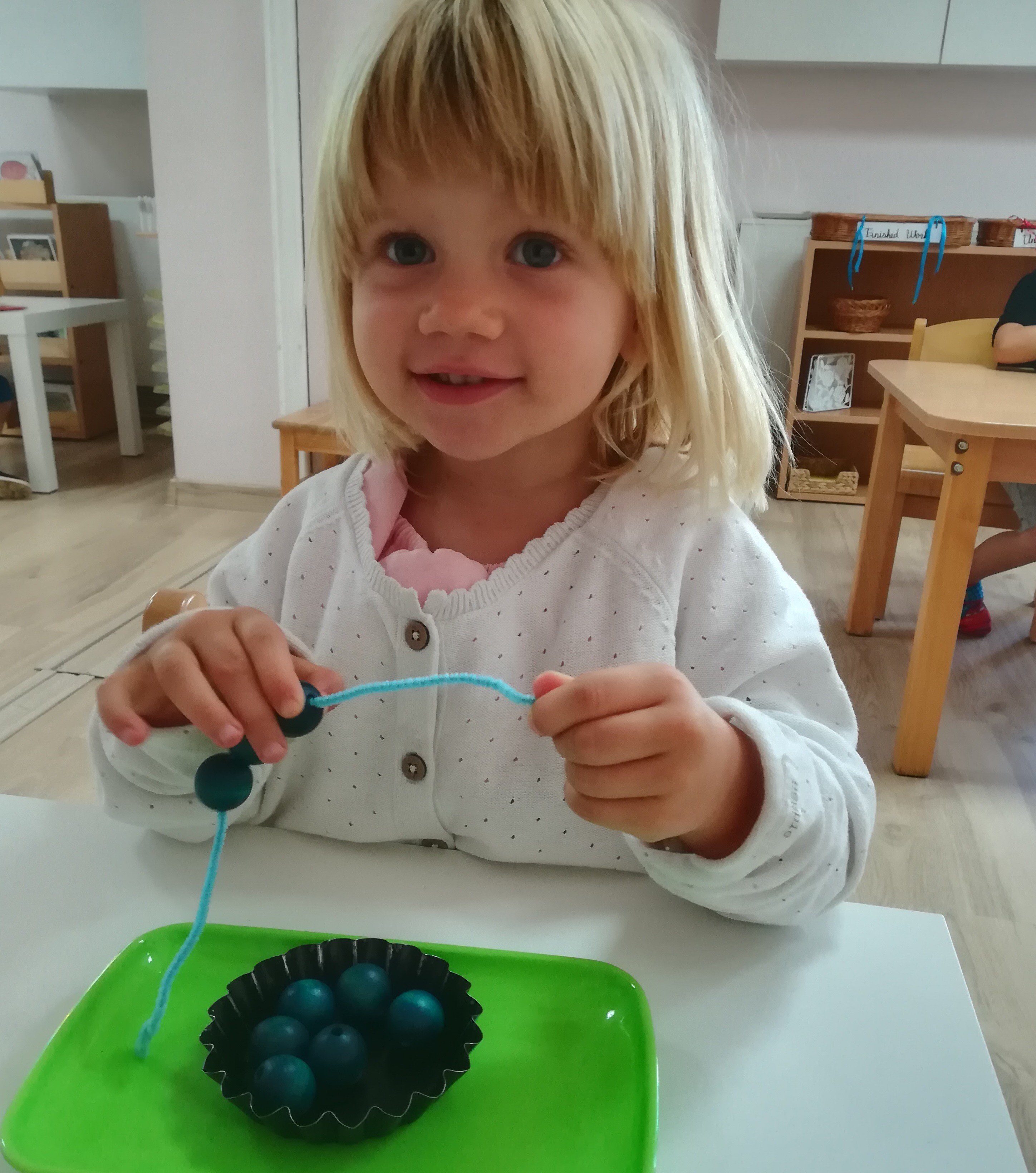
Key principles
The Montessori Method is based on 9 key areas:
- Movement and Cognition - movement can enhance thinking and learning
- Choice - learning and well-being are improved when people have a sense of control over their lives
- Executive Function - the ability to direct one's attention in a sustained and concentrated way fosters an array of positive developments and is itself trainable
- Interest - people learn better when they are interested in what they are learning
- Extrinsic Rewards are avoided - tying extrinsic rewards to an activity, such as money for reading or high grades for tests, negatively impacts motivation to engage in that activity when the reward is withdrawn
- Learning with and from peers - collaborative arrangements can be very conducive to learning
- Learning in context - learning situated in meaningful contexts is often deeper and richer than learning in abstract contexts
- Teacher ways and child ways - particular forms of adult interaction are associated with more optimal child outcomes
- Order in environment and mind - order in the environment is beneficial to children.
This list of points are from the book 'Montessori: The Science Behind the Genius' by Angeline Stoll Lillard.
Scientific reasearch
The concepts and outcomes of the Montessori approach have been validated by scientific research. The Montessori Method works with the child’s natural process of development in the optimum way and nutures the child’s intrinsic desire to learn. The best research summary into Montessori is in the book ‘Montessori: The Science Behind the Genius, Third Edition’ by Angeline Stoll Lillard (2016, Oxford University Press). Lillard gives a detailed account of the research which supports the Montessori method. She also distinguishes between authentic Montessori environments as opposed to environments which only include elements of Montessori and shows that the full benefit from the method is related to outcomes from the fully authentic environments. Lillard’s research can also accessed on her website: www.montessori-science.org.

